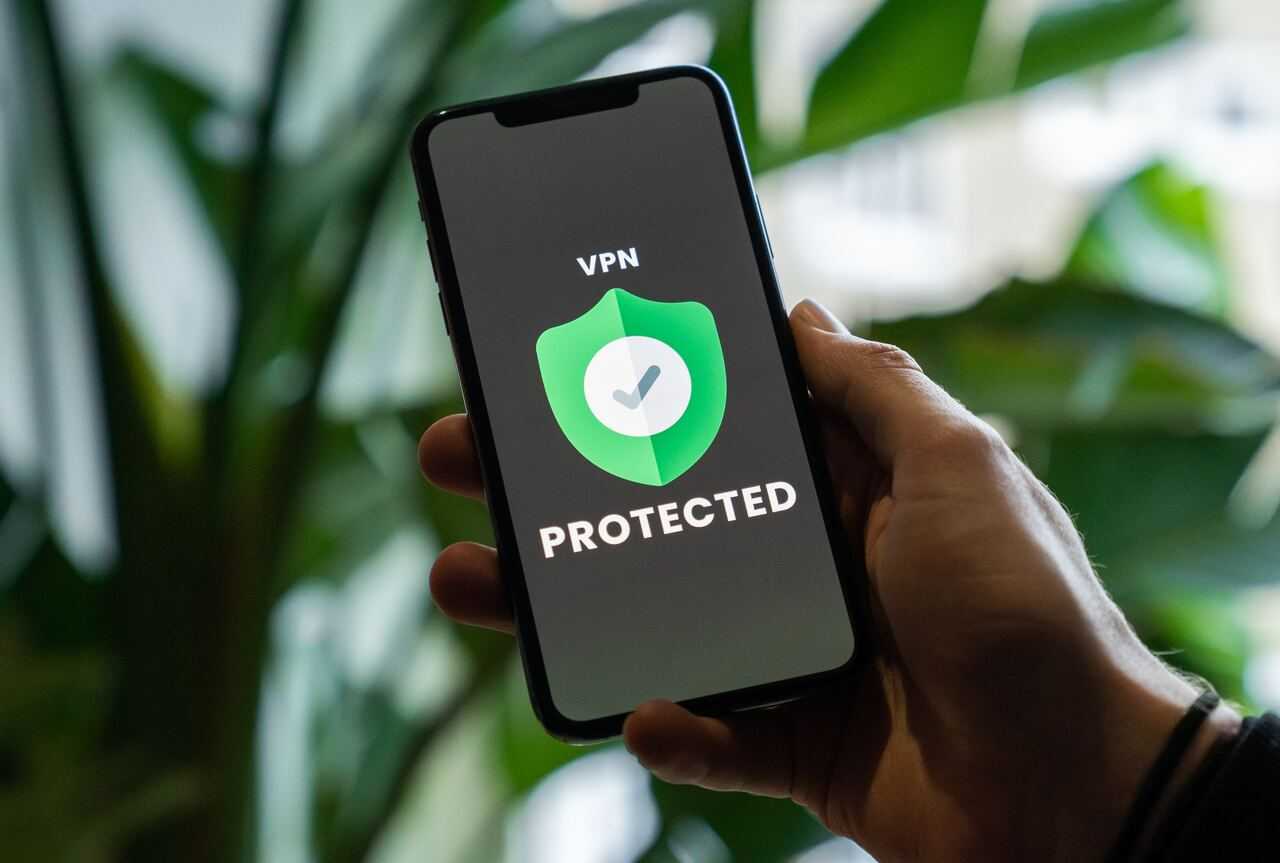A VPN (Virtual Private Network) uses its own web server to encrypt information, hide your location, and more
Users release a lot of personal information when they use the internet with a PC or mobile device. This data is used by advertising agencies and strangers to monitor behavior, profile and violate individual privacy. Unsecured online connection may give some sites access to your IP address, passwords, and browsing history. A VPN (Virtual Private Network) uses its own web server to encrypt your information, hide your location, bypass some geographic restrictions, and thwart the bad intentions of hackers. This tool protects your privacy while browsing online and in this article we will find out what features it has and why does it play such an important role for digital security?
How to protect your device and make browsing safer?
Personal information and data relating to online economic transactions are real resources to be protected with an efficient, functional and versatile tool. A VPN assigns an anonymous IP address to protect all users who use the internet to work, pay utilities and make purchases on ecommerce sites. However, it can also be used to improve the connection, navigate without problems on public networks and circumvent geographical restrictions that prevent the display of certain contents. To evaluate the most suitable, efficient and reliable provider, you can also consult the advice available on it.vpnpro.com which represents the point of reference for technical consultancy on data traffic protection and digital security. It is no coincidence that by creating an encrypted tunnel between your device and websites you obtain the following advantages:
- Greater security against hackers and malicious people
- High freedom of access to digital services and websites
With a VPN, the user’s physical location and IP address are no longer visible thanks to the level of encryption adopted by the provider. This resource, in fact, encrypts all the information sent to guarantee anonymity, protect passwords and protect sensitive data. A non-visible IP address hinders tracking and prevents anyone from determining the location of the user connected to the internet. VPNs guarantee greater privacy and at the same time block all malware that can damage the device. There are also other useful functions that are used, for example, to unlock all the contents of the streaming distribution and join the promotions available on foreign e-commerce platforms.
How does it work and what are the most important requirements of a VPN?
The encrypted connection between a PC and a remote server is the solution identified to protect data transfer and ensure user privacy. Information transmitted via a VPN is encrypted and sent to a private processing system where it is decoded to satisfy any request. The response is transcribed again into the appropriate code before being sent back to the software to be made functional and understandable. In practice, VPNs redirect online traffic through their own servers that encode the information to make it incomprehensible, indecipherable and unusable. With this innovative intermediation system no one can locate the IP address, access sensitive data and monitor the user’s activity on the web.
















Leave a Reply
View Comments